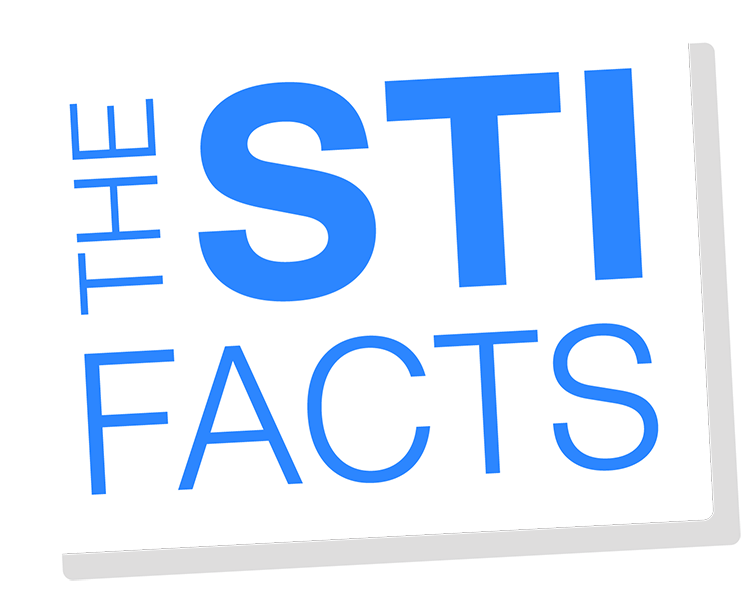OSHC in Australia
Safe Sex & Screening
STIs & HIV
Consent & relationships
Contraception & pregnancy
Learning hub
Visit the blog
New semester, big celebrations: Staying well this February
This month, we’re sharing practical health tips, student voices, and helpful services to support you while you study in Australia. February is a busy month for international students in Australia. It’s a time for new beginnings, celebrations and for many, the start of a new semester. With Valentine’s Day, O-Week, Mardi Gras and Lunar New Year, it’s a great […]


